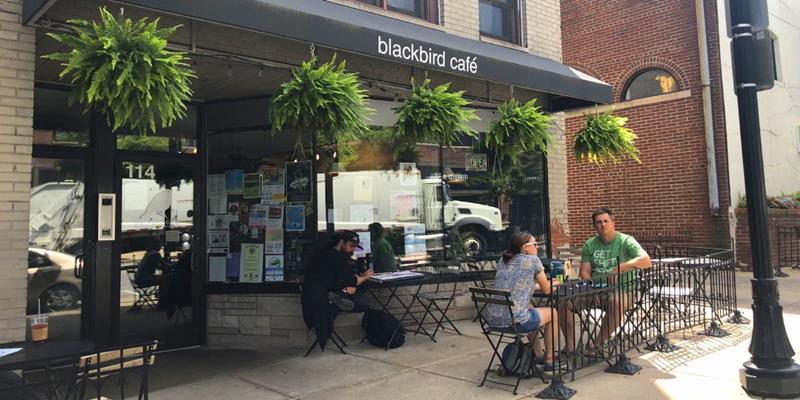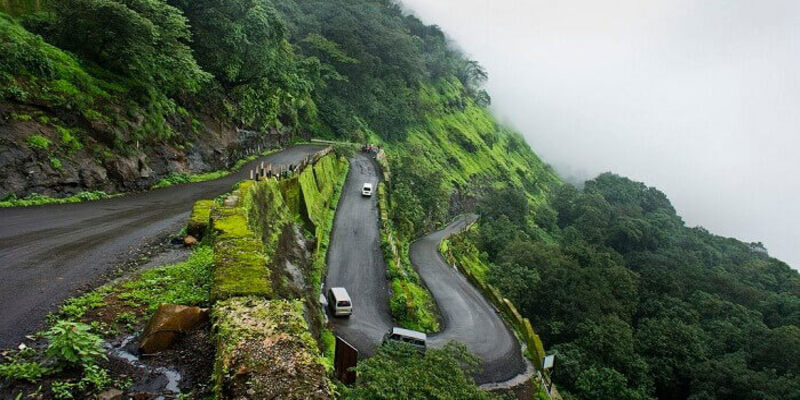Introduction
The Discovery of Coffee
In the ancient lands of Ethiopia, a shepherd named Kaldi made a remarkable discovery that would change the course of history. Legend says Kaldi noticed his goats frolicking with unusual energy one day after eating red berries from a particular shrub. He felt renewed energy after deciding to try the berries for himself out of curiosity. Excited by this finding, Kaldi discussed it with a nearby monk who, after trying the berries, discovered that they kept him awake during extended periods of prayer. These berries were the first inklings of the coffee plant, and thus began the journey of one of the world's most beloved beverages.
Spread of Coffee to the Arab World
From its humble beginnings in Ethiopia, coffee found its way to the Arab world, specifically Yemen, during the 15th century. Yemeni traders cultivated coffee plants in the region, recognizing their potential for trade and commerce. The beverage gained popularity in Arab culture not only for its stimulating properties but also for its social and communal significance.
Coffee houses, known as Yahweh Khaneh, soon became vibrant centers of social activity, where people gathered to engage in lively discussions, listen to music, and enjoy the company of others. The unique atmosphere of these coffee houses fostered the exchange of ideas and helped shape the cultural fabric of the Arab world. As word of this refreshing drink spread, coffee's popularity surged, introducing it to other parts of the world.
Introduction to Europe
Coffee's journey to Europe is a tale of intrigue and curiosity. The first known introduction of coffee to the European continent occurred in the 17th century when Venetian merchants brought it back from their travels to the East. Initially met with skepticism and suspicion due to its exotic origins, coffee gradually gained favor among the European elite.
Coffeehouses began to emerge in cities such as Venice, London, and Paris, serving as hubs of intellectual exchange and social interaction. These establishments attracted scholars, artists, and thinkers, providing them with a space to engage in stimulating conversation and debate.
The Coffeehouse Culture
The establishment of coffeehouses in Europe sparked a cultural phenomenon known as the "Coffeehouse Culture." These venues became synonymous with intellectual discourse and innovation, drawing individuals from diverse backgrounds to engage in lively debates on topics ranging from politics and philosophy to literature and science.
The egalitarian nature of coffeehouses, where individuals from all walks of life could come together over a shared love for coffee, contributed to the democratization of knowledge and the exchange of ideas. In cities like London, coffeehouses played a significant role in shaping public opinion and influencing political discourse, earning them the nickname "penny universities" due to the wealth of knowledge one could acquire for the price of a cup of coffee.
Coffee Goes Global
Colonial Expansion and Coffee Plantations The 18th and 19th centuries witnessed the global expansion of coffee cultivation, driven primarily by European colonial powers. Plantations were established in colonies across the globe, from the tropical climates of Latin America to the lush hillsides of Southeast Asia and the Pacific Islands. The demand for coffee soared, fueled by the growing consumption habits of Europe and the Americas.
However, this expansion also came at a cost, as it often involved the exploitation of indigenous labor and the degradation of natural landscapes. The legacy of colonialism continues to shape the coffee industry today, with issues of social justice, sustainability, and fair trade at the forefront of discussions.
Modern-Day Coffee Culture

In the modern era, coffee has evolved into more than just a beverageit's a cultural phenomenon that transcends borders and bridges communities. From the bustling streets of New York City to the serene cafes of Paris, coffee plays a central role in daily rituals and social interactions. The emergence of specialty coffee shops and third-wave coffee roasters has revolutionized how we experience and appreciate coffee, emphasizing quality, craftsmanship, and ethical sourcing.
Today, coffee enthusiasts have access to an unprecedented variety of beans, brewing methods, and flavor profiles, reflecting the diversity and complexity of the global coffee landscape. As we embark on the 21st century, the story of coffee unfolds, weaving the threads of history, culture, and tradition into the fabric of our daily lives.
The Future of Coffee Challenges Facing the Coffee Industry
Despite its widespread popularity, the coffee industry faces numerous challenges threatening its sustainability and viability. Climate change poses a significant threat to coffee production, as rising temperatures and unpredictable weather patterns can negatively impact crop yields and quality. Pests and diseases also threaten coffee plants, with outbreaks of pests such as the coffee berry borer causing devastating losses for coffee farmers.
Deforestation, soil degradation, and water scarcity also exacerbate the environmental challenges facing the coffee industry. Addressing these issues will require collaborative efforts from all stakeholders, including governments, producers, roasters, and consumers.
Innovations and Sustainability Initiatives

In response to these challenges, the coffee industry has seen a rise in innovative solutions and sustainability initiatives to promote environmentally friendly practices and support coffee farmers. Initiatives such as Fair Trade and Rainforest Alliance certification seek to ensure fair wages for farmers, protect biodiversity, and promote sustainable agricultural practices.
Additionally, advancements in agricultural technology and research are helping farmers mitigate the impacts of climate change through practices such as shade-grown farming, water conservation, and soil management techniques. Moreover, the growing interest in direct trade and relationship coffee fosters closer partnerships between coffee producers and roasters, ensuring transparency, quality, and equitable compensation throughout the supply chain.
Conclusion
The story of coffee is a testament to the power of discovery, innovation, and human connection. From its humble origins in the highlands of Ethiopia to its global ubiquity today, coffee has left an indelible mark on cultures and societies worldwide. As we continue to navigate the challenges of the 21st century, the journey of coffee serves as a reminder of our interconnectedness and our shared responsibility to protect and preserve the resources that sustain us. By embracing sustainability, promoting social equity, and fostering a culture of appreciation for the art and science of coffee, we can ensure that future generations will continue to enjoy the rich and diverse tapestry of flavors that coffee has to offer. So, the next time you sip your favorite brew, take a moment to savor not just the taste but the centuries-old journey that brought it to your cup.




